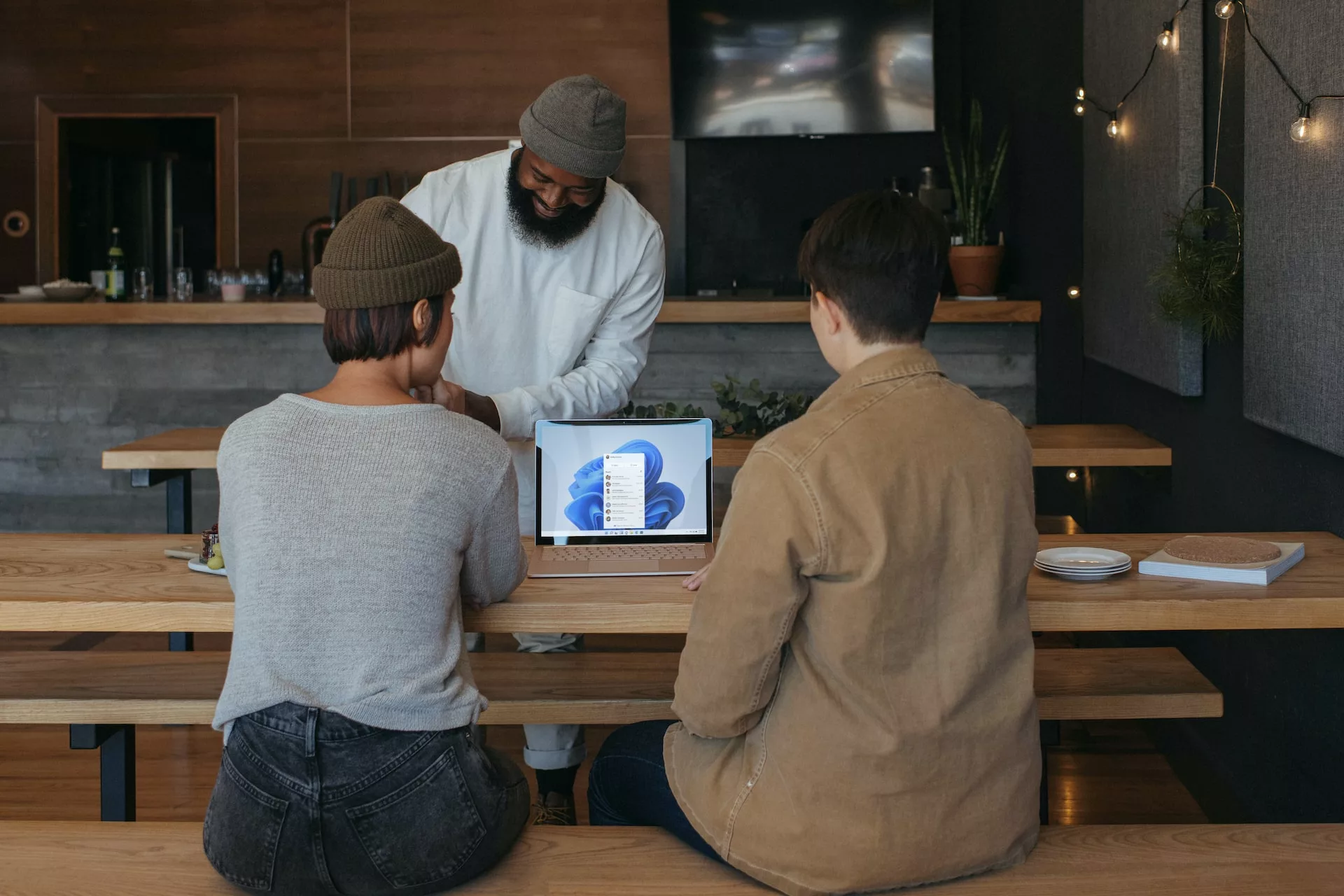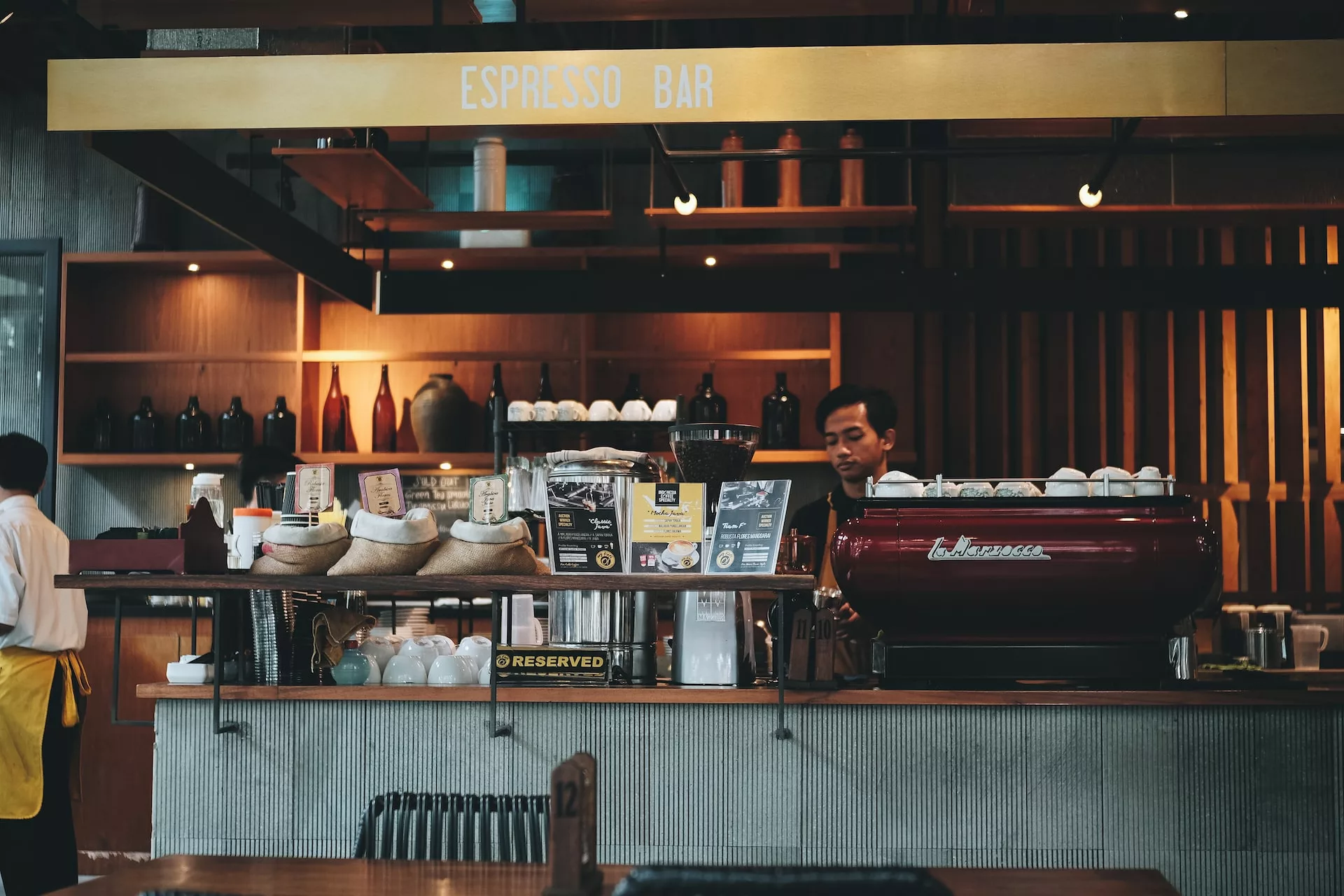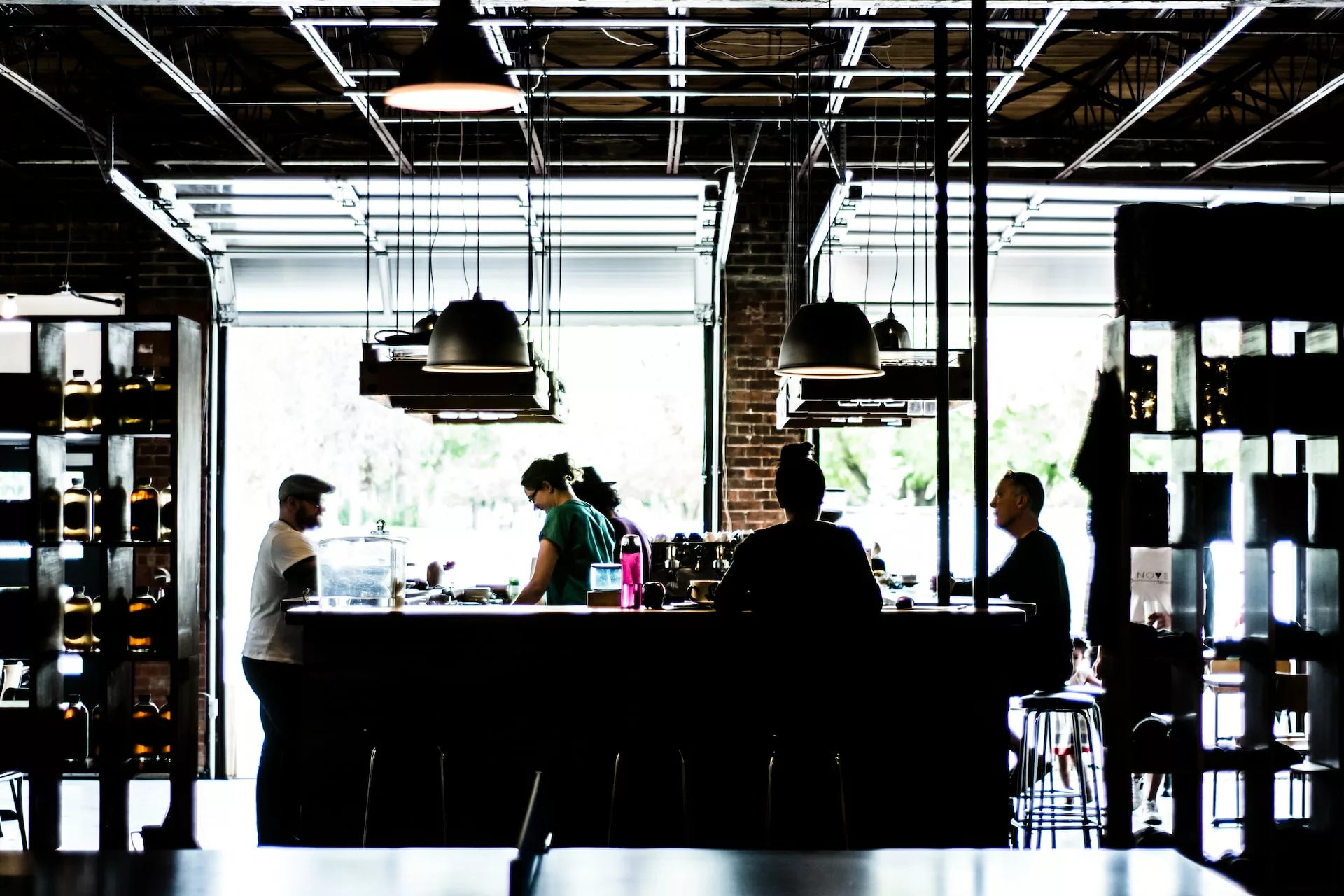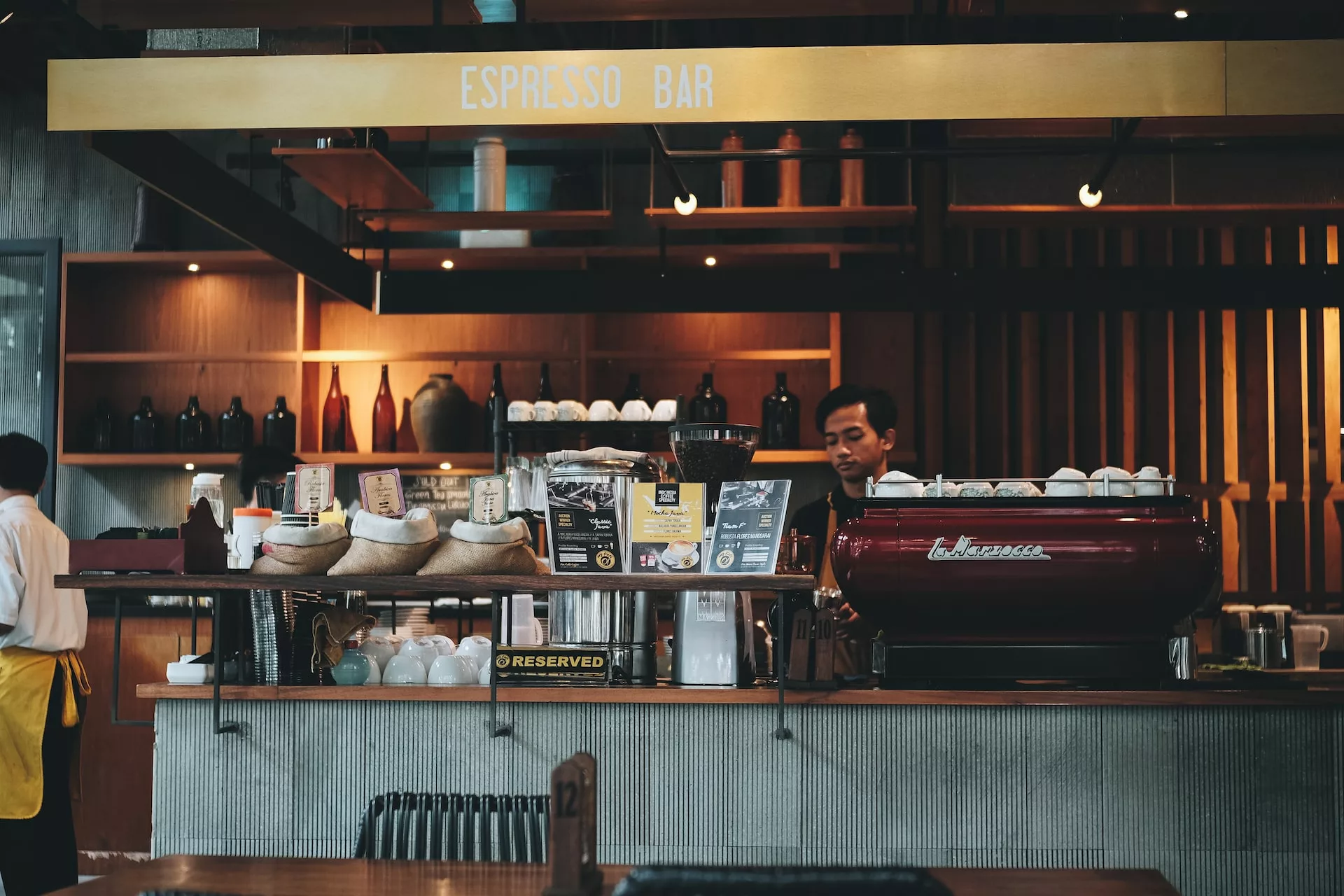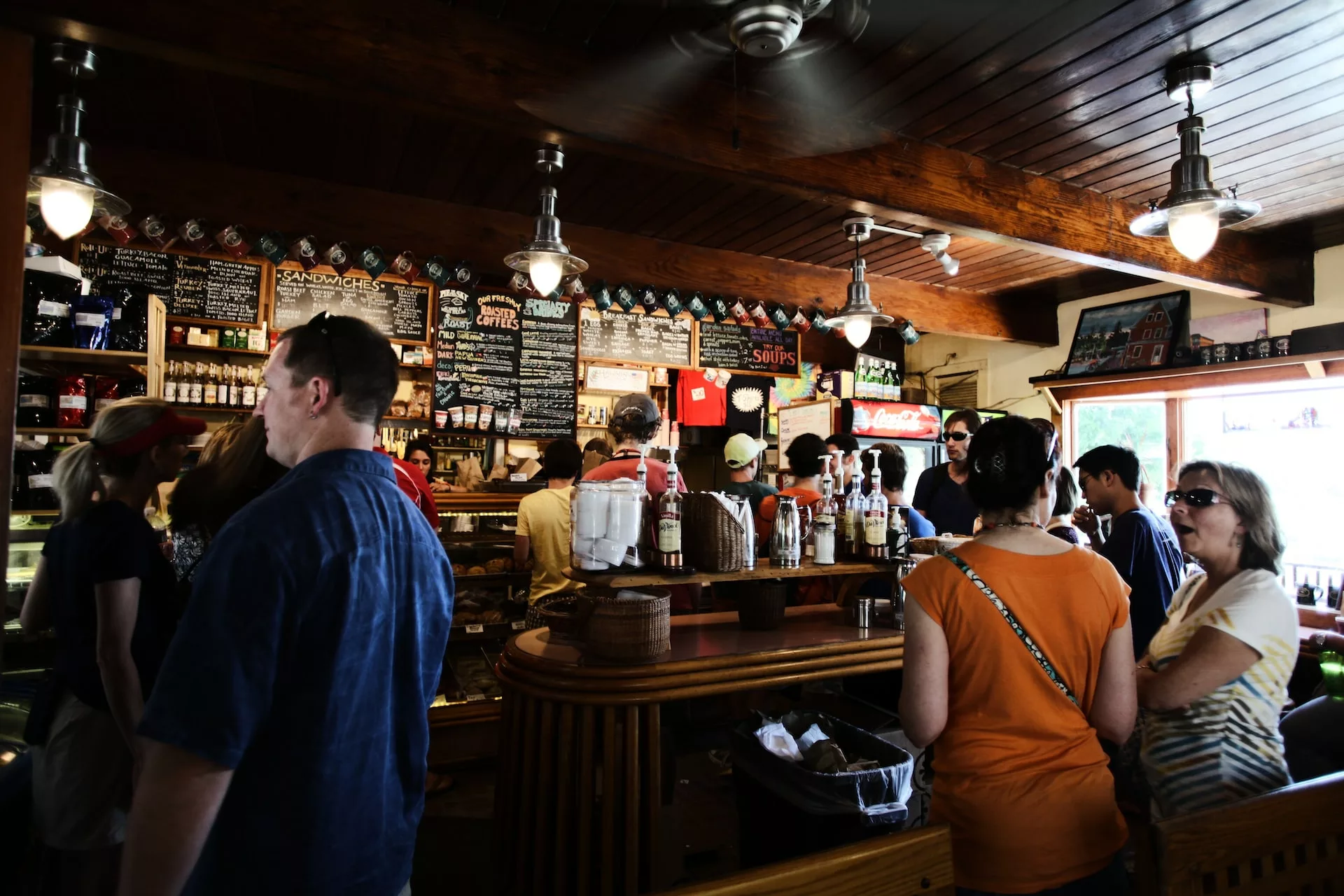Are you a budding entrepreneur who is dreaming of starting your own business? If so, have you ever considered opening a coffee shop? It’s an exciting idea because it has the potential to become a very profitable venture. Opening a coffee shop can be both rewarding and challenging; however with hard work and dedication, you could create something really special. In this blog post, we will cover how much money you can make from opening your own café – the benefits plus costs associated with taking the plunge into becoming an entrepreneur. Read on for more information about what it takes to start up and run your dream café!
What do you need to start a coffee shop
Starting a coffee shop can be a lucrative option for entrepreneurs, but it’s important to understand the costs associated with running one before diving in. There are several expenses that need to be taken into consideration when starting a coffee shop and these will vary depending on the size of the business and its location.
First and foremost, you’ll need enough capital to cover the cost of renting or buying a space where your shop will be located. If you’re planning on leasing a space, you’ll most likely have to pay between three to five months’ rent upfront, plus any additional fees such as deposits or insurance premiums. If you’re purchasing a building, you’ll need enough money saved up for down payments and mortgage payments until the loan is paid off. Beyond this initial expense, ongoing operational costs like utilities and cleaning services should also be budgeted for accordingly.
Additionally, you’ll need some initial startup funds in order to purchase equipment such as espresso machines, grinders, blenders and other necessities depending on what type of beverages your shop will offer. Depending on quality, these items can range from around $500 all the way up to $10,000+. Investing in high-quality materials may cost more upfront but could end up saving money in the long run since top-of-the-line products tend to last longer than cheaper options.

You’ll also want enough money saved up for marketing purposes such as designing menus/flyers/postcards and creating ads online or through social media platforms that reach out to potential customers. Lastly, it’s important not to forget about food and ingredient costs; depending on how often your ingredients go bad or get thrown out due to improper storage practices, these overhead expenses can add up quickly over time!
Whether financing comes from personal savings or alternative sources such as investors or banks is ultimately up to each individual entrepreneur based on their own financial situation. Ultimately though, careful budgeting is key when starting a coffee shop—calculating startup costs ahead of time will help ensure that there’s enough money available during operations so that nothing has to be sacrificed along the way!
What are the ongoing costs of running a coffee shop
Running a coffee shop can be both a profitable and rewarding venture. However, there are many ongoing costs to consider before opening your doors. Here is an overview of the main expenditures that need to be taken into account when running a coffee shop.
Rent and Utilities: The most obvious cost involved in running a coffee shop is rent for the property you’re using as well as any associated bills for utilities like electricity and water. Depending on the size of the premises and its location, rent can range from hundreds to thousands of dollars per month, so it’s important to factor this in when establishing how much capital is required for start-up costs.
Equipment: After securing rental space, you’ll need to equip it with all of the necessary tools for brewing great tasting coffee and preparing drinks – these include commercial grade espresso machines, grinders, blenders and other specialty equipment such as pour-over apparatuses. It’s essential to invest in quality items that will withstand frequent use, because replacing faulty or worn out parts can quickly add up into substantial expenses.
Staff: Good baristas are essential if you want your coffee shop to be successful – they provide excellent customer service while operating machinery used to prepare beverages. Hiring competent coffee shop staff might involve paying higher wages than the minimum rate given by law; additionally, employee benefits such as sick pay and vacation days should also be factored in when calculating ongoing expenses associated with staffing a cafe.
Supplies: Coffee beans from reputable roasters must be purchased in bulk – depending on volume ordered, prices vary widely (from $4/pound for robusta beans up to $25/pound for some varieties of arabica). Aside from purchasing raw ingredients such as roasted coffee beans, you will also have to stock up on consumables like cups, filters or other sundries that may need replenishing regularly. Moreover don’t forget about disposables such as sugar packets or stirrers; take replacements into account when budgeting fixed expenses each month.
Marketing: Setting aside money for advertising campaigns could get customers through your door initially – this could involve creating posters and flyers announcing special offers or organising promotional events within your local community – but more importantly once established there would need to be an ongoing budget allocated towards sustaining awareness of your business amongst its regular customers base (e.g social media campaigns & email marketing).
By taking these points into consideration alongside forecasting projected sales figures against expected returns, prospective entrepreneurs should gain a realistic picture of what’s involved with running a successful café; ultimately allowing them make informed judgments whether their venture has potential divineness over time or whether expectations have been set too high!
How much can you expect to make in profits in your coffee shop
Opening a coffee shop can be an incredibly rewarding experience, both in terms of the joy of making and serving coffee to customers as well as in terms of profits. The amount of money that you can expect to make will depend on a number of factors, such as location, cost structure, menu offerings, and customer demand.
The first step to ensuring profits is to carefully choose your coffee shop’s location. A highly visible spot with lots of foot traffic is ideal because it increases the likelihood that passersby will notice your store and visit it. Additionally, research the area where you plan to open your shop – what other types of businesses are nearby? Are there already several other coffee shops filling the same niche? If so, you’ll need to distinguish yourself from competitors by establishing a unique identity or setting lower prices than them.
Once you’ve found your shop’s ideal location, evaluate its cost structure. How much will rent or mortgage payments be each month? How much will utilities and taxes cost? What about labor costs such as salaries for employees or contractors? Make sure these costs are within budget before committing to opening a store there.
Another important factor to consider is what kind of food and drink items you’ll offer at your coffee shop. Your bread-and-butter should be drip coffees and espresso-based beverages such as lattes or cappuccinos but you may also want to offer pastries, sandwiches or soups depending on how big your kitchen space is and how experienced your staff is at preparing these items. Be sure the ingredients used in all dishes served at your establishment are top-notch too – this helps give customers a higher quality experience each time they visit which encourages repeat business (and more profits).
Finally, customer demand needs to be taken into account when it comes to estimating profits for your coffee shop. Do market research beforehand – speak with locals about what kind of menu items they’d like to see and ask whether they would visit a store like yours if one opened in their neighbourhood. This type of data can help inform decisions about prices and special promotions that could entice potential customers into visiting and increase overall revenue potential over time.
Overall, while there are no guarantees when it comes to running a successful business (especially one in the restaurant industry!), with thoughtful consideration when selecting location, evaluating cost structure, crafting menus based on customer preferences and monitoring demand trends closely – it’s entirely possible for those who open a coffee shop to generate substantial profits over time!
With the right business plan and execution, opening a coffee shop can be a great way to make money. However, it is important to remember that there are many economic factors that can affect your potential earnings. By considering the financial implications of the venture and planning for long-term success, you’ll be able to maximize your profits and achieve your goals.
More Coffee Shop Articles
Should I find a partner for my new Coffee Shop?
Launching a coffee shop can be an overwhelming task, especially if you have limited resources. Finding the right partner can be an invaluable asset to your business and help you reach your goals faster. In this post, we’ll discuss when it’s a good idea to find a partner for your coffee shop business.
Hit the Ground Running: How to Accelerate Your Coffee Shop Startup
Starting a new business is an exciting but daunting undertaking. If you want your coffee shop to take off and reach its full potential, it’s important to hit the ground running. In this post, we’ll explore how to accelerate your coffee shop startup by addressing key areas like planning, marketing, and operations.
What Professional Services Do I Need to Start My Coffee Shop?
Starting a coffee shop is a big undertaking, and it’s important to make sure you have the right professional services in place. In this post, we’ll explore what services you need to help make your dream of owning a coffee shop a reality.
5 Secrets to Local Marketing for My Coffee Shop
Local marketing is the key to success for any small business – especially a coffee shop. In this post, we uncover five tips and tricks that can help drive more customers through your door and boost your revenue.
Reducing Risk: Insurance Options for My Coffee Shop
Choosing the right insurance coverage for your coffee shop is an important part of reducing risk and protecting your business. Taking time to review available options and weigh the costs against potential risks can help ensure that you have the best coverage possible.
How Do I Get a Business License for My Coffee Shop?
Are you planning to open your own coffee shop? Make sure you know how to get a business license first! This post will explain step-by-step how to get the right license for your bustling cafe.
How Do I Find the Right Location for My Coffee Shop?
Opening a coffee shop is a big decision, and it all starts with finding the perfect location. In this post, we’ll take a look at what goes into choosing the ideal spot for your coffee shop business.
5 Mistakes Coffee Shop Entrepreneurs Make
Starting a coffee shop can be a daunting but rewarding task. But without the proper preparation, entrepreneurs can easily make mistakes that could prevent them from achieving success. This post covers five common pitfalls coffee shop owners should look out for to ensure they do not fall victim to them.
How to Find Funding to Start a Coffee Shop
Are you ready to become your own coffee shop owner? There are many ways to finance a new business, and this post will discuss how to find funding for your coffee shop dreams.

